U2 Program
Information presented here is student feedback and opinions only, we highly encourage all students to refer to the Undergraduate Department of Biochemistry Website for the most recent information about required classes, prerequisites, etc. regarding their specific program.
Required Courses
| Courses | Pros | Cons | Evaluation Methods |
|---|---|---|---|
| BIOC311: Metabolic Biochemistry 3 credits Syllabus Fall 2024 | Content builds on itself and allows to connect between concepts and draw pathway diagrams. Evaluations are more logic based instead of memorization. Tested big-picture concepts, less focused on specific details. Course bonus on final grade. | Long answer questions require a good understanding of concepts, not always enough time to accurately answer them. Online midterm platform is not ideal. All or nothing grading for some multiple choice questions. Variety in profs. Easy to get bogged down in details, but important to think big picture in this class. | 30% Midterm 1 30% Midterm 2 40% Final |
| BIOC320: Laboratory Methods in Biochemistry and Molecular Biology 2 3 credits Syllabus Fall 2024 | Great way to practice/learn biochemistry techniques used in everyday lab work. | Lab reports are very time consuming (20+ hours), graded with a very narrow margin of error. Final exam is difficult, encompasses lots of course material. | 55% reports 5% quizzes 5% TA grade 35% final |
| CHEM302: Introductory Organic Chemistry 3 3 credits Syllabus Fall 2024 | More application based chemistry, super interesting! Dr. Damha is very passionate about the material and a great prof. Practice problem sets and former midterms are very representative. | Jump in difficulty from Org2; Org2 focuses on understanding mechanisms but Org3 focuses their application within syntheses. Challenging evaluations, do all practice questions!! | 30% Midterm 1 30% Midterm 2 40% Final |
| CHEM362: Advanced Organic Chemistry Laboratory 2 credits Syllabus Winter 2025 *not required for Liberal Program* | Very fun lab experience, TAs are helpful and labs are interesting. Big emphasis on independence and autonomy in the lab. | Introduction to new techniques and new softwares (Mnova) takes a learning curve to get the hang of it. | 70% lab reports 5% research & prep 10% writing exercise 5% lab quiz 5% lab notebook 5% professionalism |
| BIOC312: Biochemistry of macromolecules 3 credits Syllabus Winter 2025 | Very detailed insight into transcriptional and translational processes. | Can feel like a redundant material previously learned in other courses. | 40% midterm 60% final |
| ANAT262: Introductory Molecular and Cell Biology 3 credits Syllabus Winter 2026 *not required for Liberal Program* | Much more slow paced than other BIOC classes. Material is less dense. | Lots of content overlap with BIOC212. VERY slow paced lectures. Some content is very introductory (U1 ANAT required class) | 30% midterm 70% final |
| CHEM214: Physical Chemistry/Biological Sciences 2 3 credits Syllabus Winter 2025 *not required for Liberal Program* | Nice change of pace (different type of material) from other bioc classes. Good to understand the underlying theory behind commonly used techniques. | Intimidating mathematic equations. Theory of the course is based on linear algebra/calculus knowledge that most people don’t have, which can make it confusing to follow. | 4x 10% quizzes 60% final |
Complementary Courses
| Courses | Pros | Cons | Evaluation Methods |
|---|---|---|---|
| COMP202: Foundations of Programming 3 credits | Cool way to learn how to program, very good at teaching python fundamentals. Pretty accessible presentation of information with lots of coding practice. | Challenging, lots of work required. | 3x Midterm no final! |
| COMP204: Computer Programming for Life Sciences 3 credits Syllabus Fall 2023 | Very fun class to learn programming! Grading scheme broken down in a way that makes it easy to do well. David Becarra is fantastic! He teaches a flipped classroom model with pre-recorded lectures. | Learning curve to get the hang of it. | 11% weekly online open-book quizzes 45% weekly assignments 1% participation in surveys 5% participation in class 38% final exam (+ alternative grading scheme where 5% from in-class participation is shifted to assignments instead) |
| MATH203: Principles of Statistics I 3 credits Syllabus Winter 2026 | Useful for research and learning statistical analysis. Easy, not much work needs to be put into the class. | Content has mostly been already learned secondhand through other courses. Classes are slow-paced, sometimes more efficient to read the slides and complete assignments. | |
| PSYC204: Introduction to Psychological Statistics 3 credits Syllabus Winter 2023 | Very easy, little/no work needed. | slow-paced |
Want to contribute to this page? Share your feedback (and syllabi) to help us improve this BUGS resource!
Additional course outlines can be found at the Science Syllabus Repository, organized by SUS.

